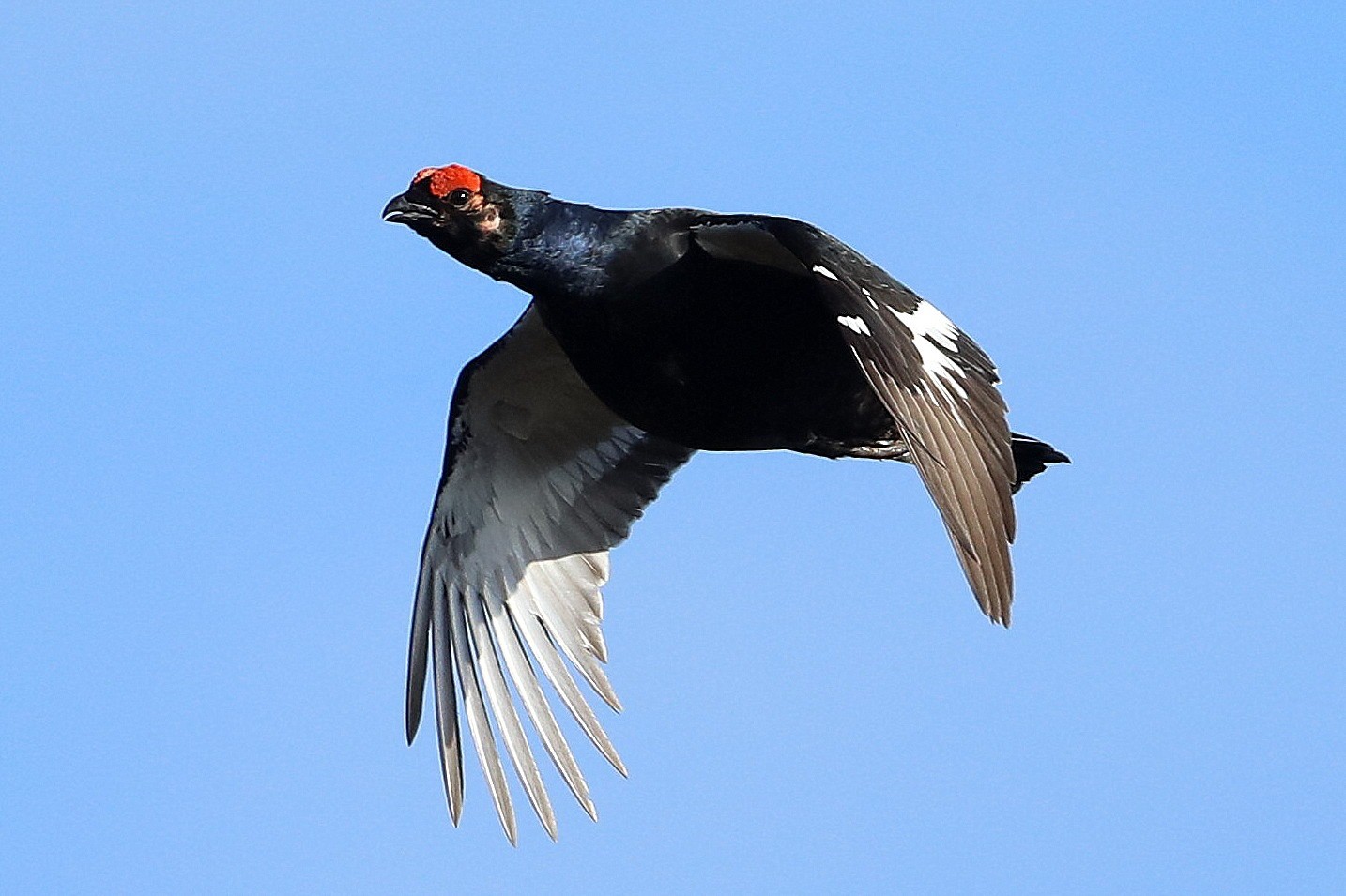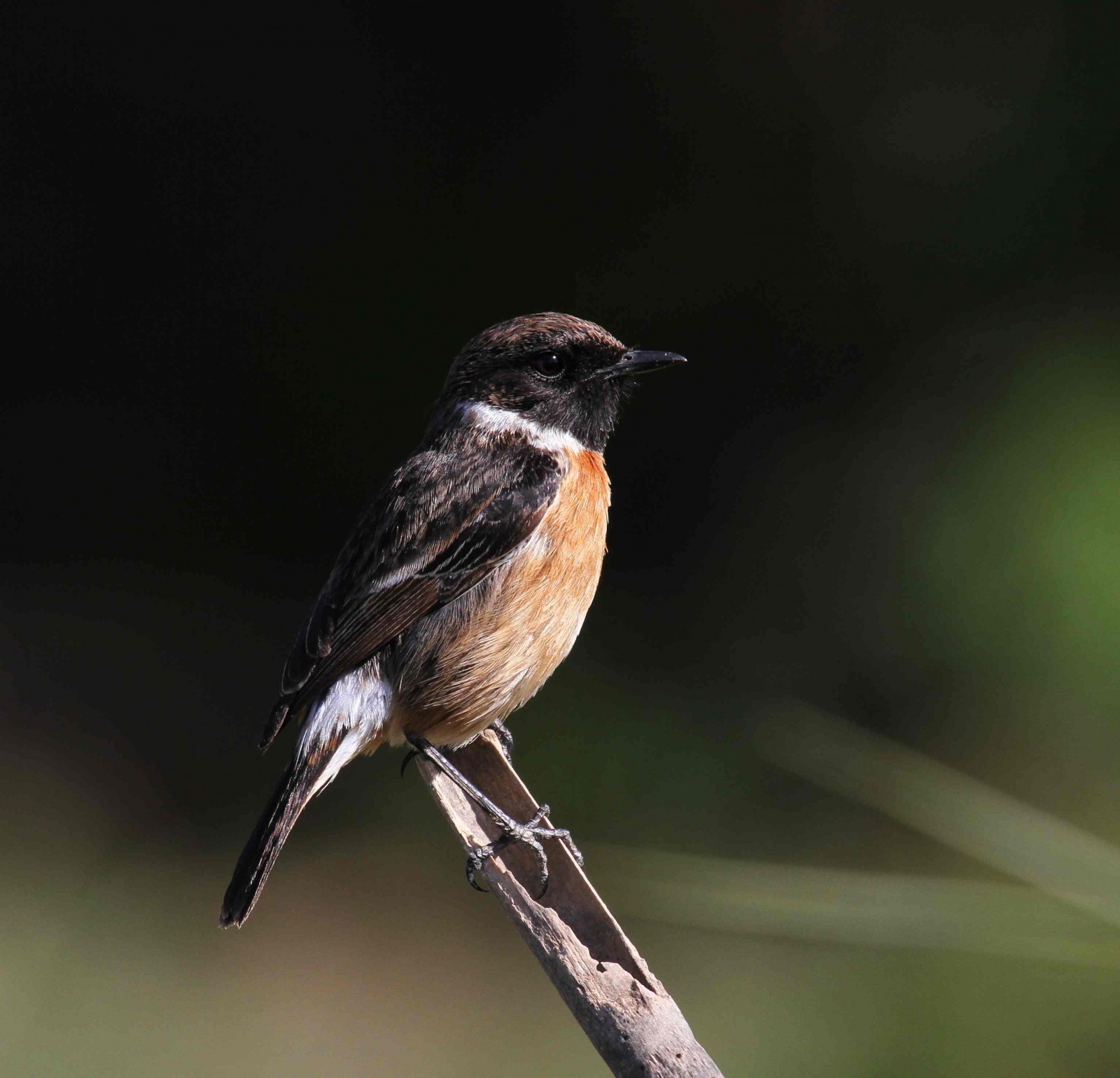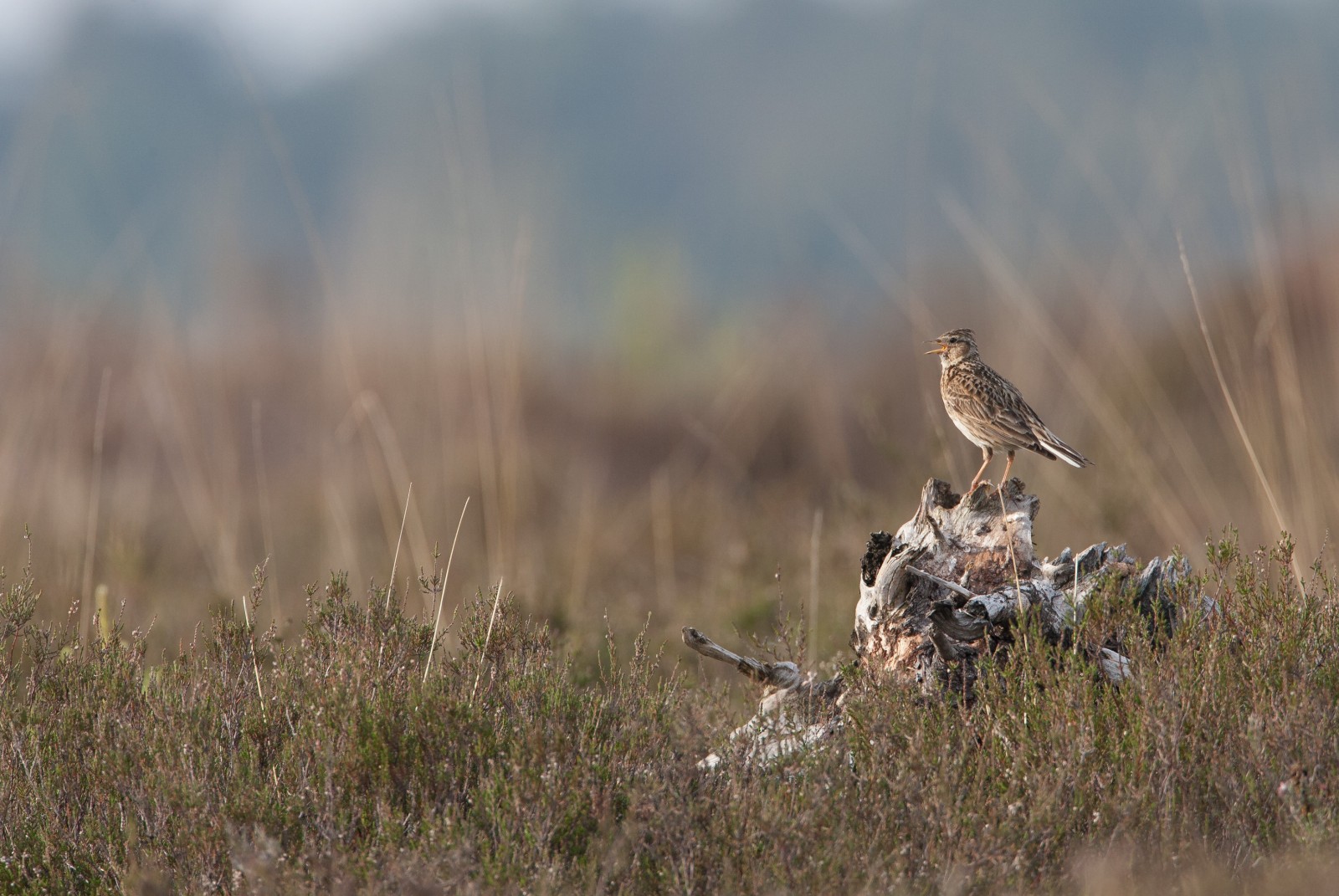Description
National Park Sallandse Heuvelrug is an area with un-Dutch views of large undulating heaths and extensive forests. In the distant past, the landscape was formed by sliding ice, melt water and drifting sand. Most of the Sallandse Heuvelrug is high and dry. Because the soil consists mainly of sand, plant species grow that are resistant to a nutrient-poor and dry environment. More than 75 species of birds breed in the National Park. The want-to-see-species are Crnoglava travarka, Gavran, Leganj and of course Ruševac. Sallandse Heuvelrug is the last place in the Netherlands where you find Ruševac. The best time to see them is early in the morning from March to mid-May when they are courting.
In the old coniferous forests you can see Jelova senica, Ćubasta senica and Krstokljun. And also birds of prey such as Osičarand Jastreb can be seen and heard. Other nice birds you can see encounter are Crna žuna, Vugaand Rusi svračak. In winter you can see birds like Čižak, Severna zeba, Brezova juričica, Veliki svračakand Sivi soko.
_________________________
Nederlands: Nationaal Park Sallandse Heuvelrug is een gebied met on-Nederlandse vergezichten over grote glooiende heidevelden en uitgestrekte bossen. In een ver verleden werd het landschap gevormd door glijdend ijs, smeltwater en stuifzand. Het grootste deel van de Sallandse Heuvelrug is hoog en droog. Omdat de bodem voornamelijk uit zand bestaat, groeien plantensoorten die resistent zijn tegen een voedselarme en droge omgeving. In het Nationaal Park broeden meer dan 75 soorten vogels. De soorten die je hier wil zien zijn Crnoglava travarka, Gavran, Leganj en natuurlijk het Ruševac. De Sallandse Heuvelrug is de laatste plaats in Nederland waar het Ruševac leeft. Maar het is wel heel lastig om ze echt te zien te krijgen. De beste tijd om ze te zien is 's ochtends vroeg van maart tot half mei, wanneer ze baltsen.
In de oude naaldbossen zie je Jelova senica, Ćubasta senica en Krstokljun. En ook roofvogels zoals Osičar en Jastreb zijn te zien en te horen. Andere leuke vogels die je kunt zien zijn Crna žuna, Vuga en Rusi svračak. In de winter kun je vogels zien als Čižak, Severna zeba, Brezova juričica, Veliki svračak en Sivi soko.
Details
Access
Parking on the N35 near Nijverdal, at the visitors' centre National Park Sallandse Heuvelrug or Erve De Pas (on the west side of the area near Haarle). The National Park is also easily accessible by public transport, for example by train (trainstations in Nijverdal and Holten). Best is to explore the area on foot or by bike. There are many hiking trails and cycling routes. The walking route indicated on the map is approximately 11 km.
_________________________
Nederlands: Parkeren op de N35 bij Nijverdal, bij het bezoekerscentrum Nationaal Park Sallandse Heuvelrug of Erve De Pas (aan de westkant van het gebied bij Haarle). Ook met het openbaar vervoer is het Nationaal Park goed te bereiken, bijvoorbeeld met de trein (stations in Nijverdal en Holten). Het beste is om de omgeving te voet of met de fiets te verkennen. Er zijn veel wandelpaden en fietsroutes. De wandelrote die is aangegeven op de kaart is ongeveer 11 km.





